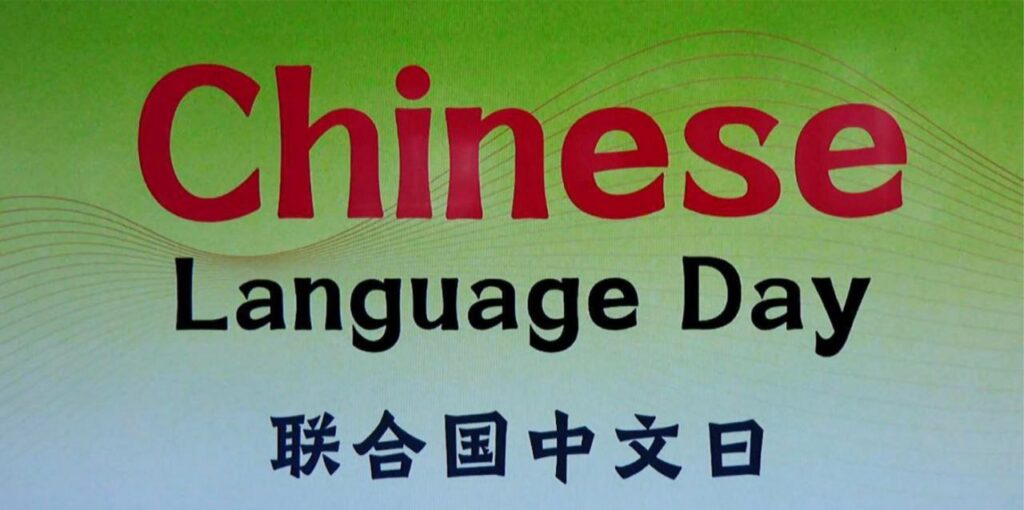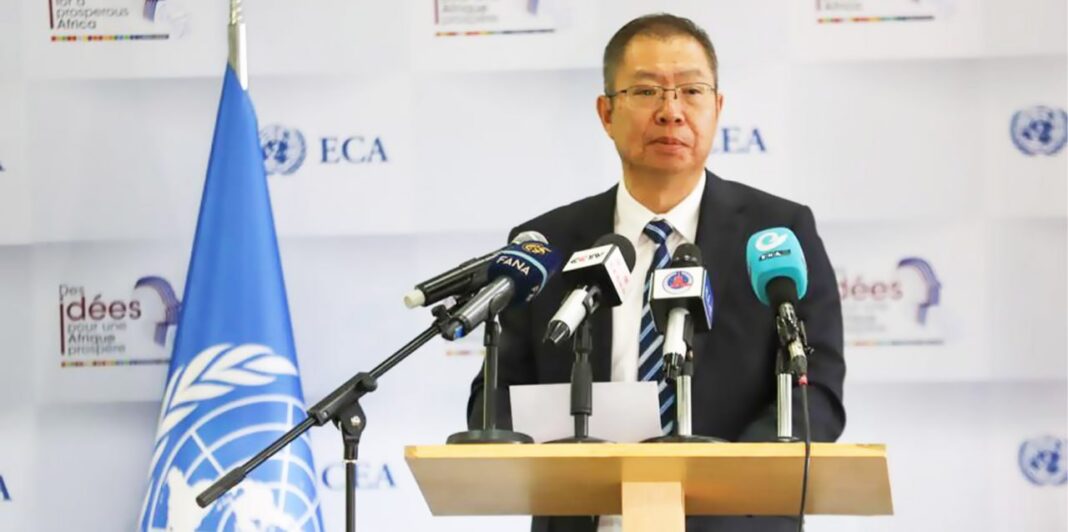Nineteen African countries have adopted key aspects of China’s education system, marking a significant milestone in the growing educational partnership between China and the African continent. The announcement was made during the 16th Chinese Language Day, jointly hosted by the Chinese Mission to the African Union and the United Nations Economic Commission for Africa (ECA), at a vibrant event held at the ECA Conference Center in Addis Ababa.
Mr. Hu Changchun, Head of the Chinese Mission to the African Union and China’s representative to the ECA, highlighted the expanding influence of Chinese educational practices across Africa. He noted that, in addition to the 19 countries adopting China’s education system, 47 African nations have established 67 Confucius Institutes and 10 Confucius Classrooms, along with several Chinese cultural centers, to promote language and cultural exchange.
The integration of China’s education model in Africa is part of a broader strategy to enhance cooperation in digital education, vocational training, and teacher capacity building. According to the latest Forum on China-Africa Cooperation (FOCAC) Beijing Action Plan (2025–2027), China has pledged to provide 60,000 training opportunities for Africans, focusing on youth, women’s empowerment, and digital skills. The plan also includes the establishment of regional cooperation centers for digital education and the rollout of Luban Workshops-Chinese vocational and technical training hubs-across the continent.
Chinese officials and African partners say these initiatives are designed to help modernize Africa’s education sector, foster technological advancement, and create a skilled workforce for the continent’s growing industries. “The project is to bring top-notch Chinese education to Africa,” said Gabriel Dwomoh, vice-chancellor of Kumasi Technical University in Ghana, praising the practical training offered by Luban Workshops.

The surge in educational cooperation is also reflected in the rising number of African students studying in China. Over 81,000 African students were enrolled in Chinese universities in 2018, a 61% increase from 2015, with numbers expected to grow further as new programs and scholarships are launched under China-Africa cooperation agreements. Many African students are pursuing degrees in STEM, agriculture, and medicine, fields identified as critical for the continent’s development.
Mai-Ellen Jarrett, Acting Director of ECA’s administrative division, underscored the importance of language and cultural exchange, noting that Chinese is now one of the world’s most widely spoken languages and plays a growing role in international relations. “Harmony in difference,” the theme of this year’s Chinese Language Day, was cited as a reminder of the value of embracing diversity while working together for a better world.
China’s educational outreach in Africa is not without its critics. Some observers express concern that the spread of Chinese-funded schools and training programs could influence governance models and limit the space for democratic development on the continent. However, proponents argue that the partnership is primarily aimed at skills development, technology transfer, and mutual benefit.
Hu Changchun emphasized the need for “open tolerance, unity, and cooperation,” especially in a world facing complex challenges. He reaffirmed China’s commitment to strengthening educational and cultural ties with Africa, expressing hope that these efforts will continue to enrich lives and foster shared prosperity.







